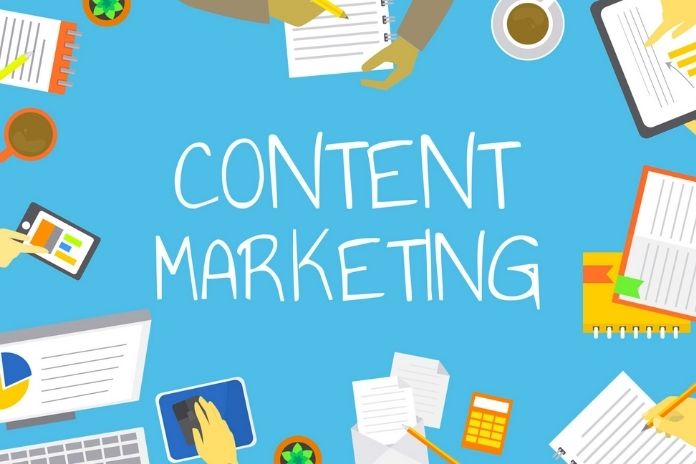What is Content Marketing?

tWhat is Content Marketing? It aims to inform, animate, and entertain target groups with valuable content. Content marketing pursues lead generation, reach, link building, SEO, or brand-building goals as corporate communication. Sub-areas of content marketing are PR, SEO, social media, email marketing and content creation.
From both definitions, one can determine three primary goals for content marketing.
- positioning of the brand
- customer acquisition
- customer retention
When it comes to defining the term content marketing, however, the opinions and comments of experts differ. Depending on your perspective, branding-centric, SEO-centric and PR-centric interpretations of the term content marketing have emerged over the years. Definitions from the SEO scene see content marketing as part of search engine optimization to build links. Reports from the PR point of view see it as a means of public relations. We understand content marketing as an elementary part of corporate communication.
How Does Content Marketing Work? The Process
The process follows various strategy, analysis, conception, production, distribution, and evaluation phases.
Strategy
- Definition of the target group(s)
- Defining strategic CM goals
- Development of the core story
- Determination of the relevant subject areas
- Determining tactical CM goals
Analysis
- Content audit
- Identification of explicit user questions / what-questions
- SERP analyzes to identify user intentions and suitable media formats
- Creation of topic complexes
- Localization of the content approach in the website via topic mapping (if planned)
Content Conception
- Setting tactical goals and KPIs (What are the plans in CM? )
- Development of content ideas
- Content prioritization based on goals pulls potential and (media) value.
- Content attribution
- Content-Journey-Mapping
- Defining tactical KPIs
- Creation of editorial planning
- Development of content design & UX
- Creation of an editorial plan
Content Production
- Creation of content briefings
- creation of the content
- Validation and release
- Creation of landing pages
- tracking facility
Content Distribution
- Publishing the content via a favorite content hub
- content seeding
- content promotion
- Native Ads
- content outreach
- Search Engine Optimization (SEO)
Content Evaluation
- Monitoring & Optimization
- content controlling
- lead management
- Final rating
However, the process should not be terminated after one run. Depending on the amount of content to be published or content marketing campaigns, this process starts with idea development. Depending on the effort required to create content, it makes sense to consider more or fewer subtasks in the process.
A distinction must be made between the operational activities within the content marketing process and the strategy, which must be lived and implemented holistically and across departments in the company.
Advantages And Disadvantages Of Content Marketing
The human attention span for new information, including content, decreases year by year due to the information density. This is not surprising if you look at the amount of data that affects us every minute only via digital media.
Advertising, in particular, is affected by this development, since people are only interested in product information in a small phase of their customer journey, i.e. they are open to advertising. The widespread use of ad blockers in many new browser versions also comes.
Here, content is a way of accompanying or addressing customers throughout the entire customer journey. Content can address people well before the actual interest in the product. In addition, a free-range can be achieved via content. The distribution of advertising, on the other hand, always costs money. Content should always be designed and produced in a user-centric manner. Advertising is usually made from a company perspective.
Advantages
- It is user-centric.
- It works in all phases of the customer journey.
- It can generate a sizable free reach via viral effects.
- It can create very beneficial synergies with SEO, PR and social media.
Disadvantages
- Selling directly through it is difficult
- It can be very complex due to the interaction of different disciplines
Also Read: Three Reasons Why Companies Should Digitize Marketing






